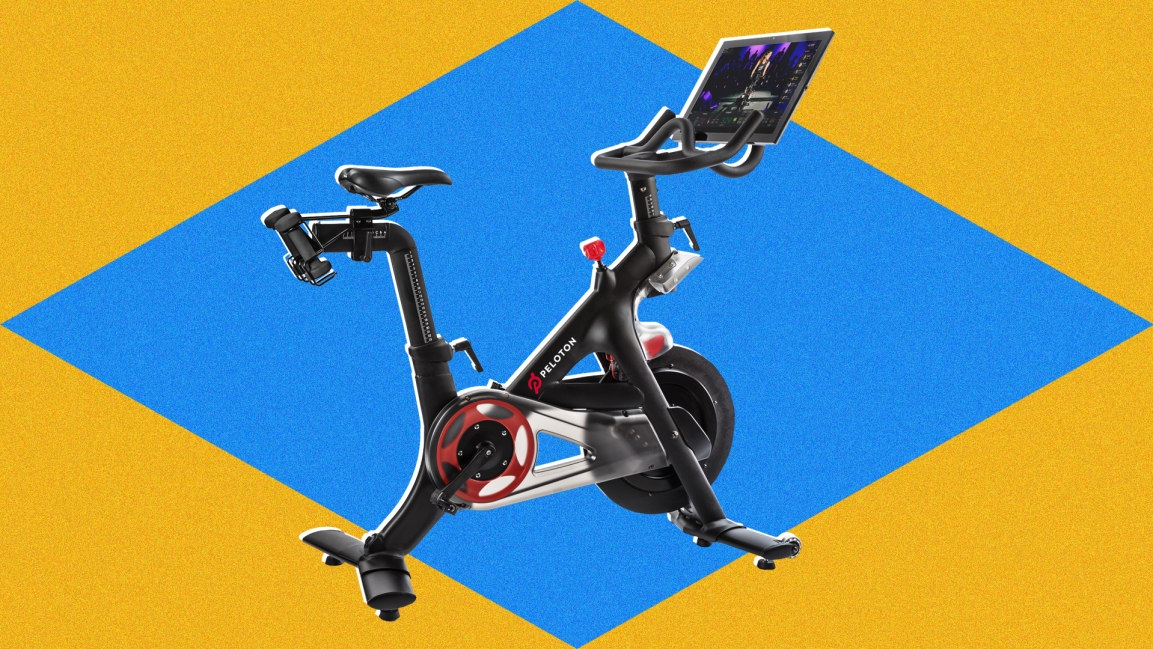Peloton stock fails to pedal forward after its Nasdaq debut
Peloton appears to be spinning its wheels.
The interactive fitness company’s long-awaited IPO today isn’t impressing Wall Street. The shares, which Peloton had priced at $29, opened at $27 when they started trading on the Nasdaq Global Select Market under the ticker symbol PTON. But the stock closed at $25.76, down more than 11%.
The company is best known for its expensive connected stationary bikes, which connect riders to classes via streaming video. To participate, you have to buy the equipment (Peloton also sells treadmills) and then a $39 subscription for access to the interactive classes.
According to IPO documents filed with the Securities and Exchange Commission, the company sold approximately 577,000 “connected fitness products,” including about 564,000 in the United States, as of June 30. The bike costs $2,245 and the treadmill, $4,295, though payment plans are available for both—$58 and $179 monthly installments, respectively.
The fitness on-demand company had over 1.4 million members, as of June 30, the IPO filing stated.
But there’s trouble.
Peloton, also smarting from talk about inflated valuation, is facing a $300 million lawsuit brought by the National Music Publishers’ Association, which alleges it used unlicensed songs. The organization upped the dollar amount earlier this month; it initially sought $150 million when the suit was filed in March.
The company also facing increased competition in the connected fitness equipment space, like rowing-focused Hydro and Tonal for weightlifting. In August, upscale gym chain Equinox, which owns SoulCycle, announced it’s venturing into the market for in-home equipment, paired with streaming classes.
It has been tough for unicorn startups in general recently. Last week, the We Company, the parent of WeWork, delayed its IPO after investors were less than impressed (CEO Adam Neumann stepped down earlier this week), and on September 12, SmileDirectClub saw its shares plummet 28% on its first day of trading. Uber’s and Lyft’s IPOs earlier this year also are viewed as fumbles.
This story has been updated.
(20)



